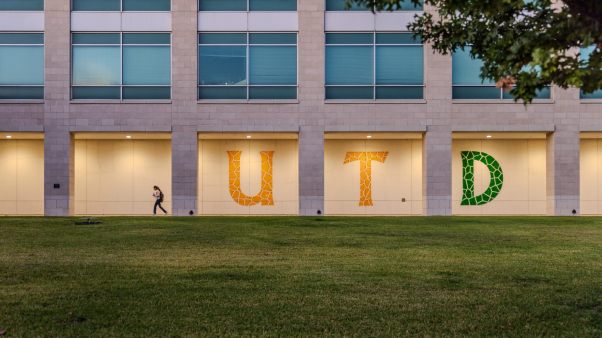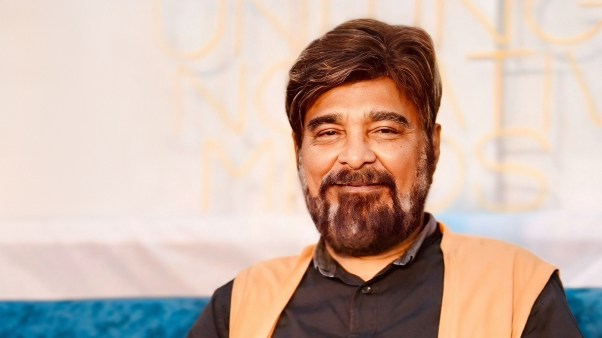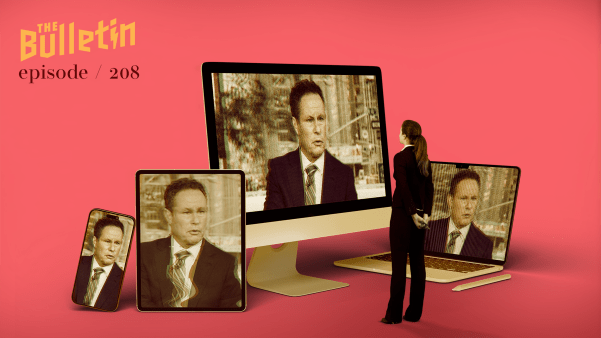In the days after the 2016 election, one statistic became the story: the notorious 81 percent. Though this data has been debated and the reasons behind it are murky, it’s clear that a vast majority of white evangelicals voted for Trump.
Cards on the table, I think this is one of the most damaging events for the mission of the American church in the last few decades.
In his article “Young Evangelicals Are Defying their Elders’ Politics,” Kyle Meyaard-Schaap writes, “Because no political party can completely capture the fullness of the values [an evangelical] was taught, her community’s embrace of partisan politics creates in her dissonance and disillusionment.”
I bear witness to this disillusionment daily. I regularly hear from younger Christians wondering aloud how the good news of Jesus can be true if the church is marred by racism, injustice, partisanship, and pettiness. Many of us who work among these disillusioned young people find ourselves holding our breath till November. We are anxious to see if this election shows a more complex and less partisan engagement among evangelicals—one that better reflects a surprising group of people who love the weak, care for creation, honor life from conception to death, attend to justice, and seek the welfare of our neighbors.
But as important as this election is, focusing on it alone is foolish.
Public activism has long been part of evangelical identity, motivating our leadership in abolition, women’s suffrage, and the labor movement. Over time, however, we have seen a slow disintegration of faith and politics. Most of us now aren’t sure how theology should influence our public life. Therefore, whatever we profess to believe, Christian voting patterns are determined less by Scripture or Christian practice than by race, income, and consumer subculture—whether we live in the suburbs or the city, shop at Whole Foods or Bass Pro, listen to NPR or watch Fox News. This yields a political engagement largely driven by fear and antipathy.
We have an impoverished and inadequate political theology. It took us generations to get here, and this one election, regardless of the results, will not undo that. So before we know who wins or loses, we as a church must begin to reexamine how the good news of Jesus shapes us politically.
The early church aids us in this task. Early Christians used the word ekklesia—a term used for the assembly governing Greek city-states—to describe their own gatherings. This terminology highlights how the early church understood itself as a political body. But this strange, new, Christian assembly proclaimed that they were citizens of a different kingdom with a different king. It wasn’t just a pious idea. It shaped them into a people who, in the words of Peter Leithart, embodied an “unprecedented social and political form” that “burst the bonds of all prior political categories.”
In one third-century text, an early Christian describes followers of Jesus as those who
dwell in their own countries, but simply as sojourners. As citizens, they share in all things with others, and yet endure all things as if foreigners. … They have a common table, but not a common bed. … They obey the prescribed laws, and at the same time surpass the laws by their lives. They love all men, and are persecuted by all. They … are reviled, and bless; they are insulted, and repay the insult with honor.
To be a political alternative, we like the early church must confuse calcified cultural categories. Those early Christians were cultural misfits: radically pro-life, sexually chaste, committed to the poor and marginalized, and devoted to racial and ethnic justice and reconciliation. We are called to the same. These convictions don’t place us neatly in one political party. But our current emaciated political theology has formed us into what Tim Keller calls red evangelicals or blue evangelicals who ignore or denigrate parts of Scripture and tradition that don’t fit into our prior partisan commitments.
Yet the reconstruction of a Christian vision of politics is more comprehensive than merely holding nonpartisan political views. A robustly Christian political theology requires that Christians become a different kind of people whose lives bear witness to Jesus in ways that the world finds astonishing, perplexing, and unrecognizable. In order to begin this work, we need postures and practices.
We need postures of humility, truthfulness, joy, kindness, and love for our enemies—postures profoundly lacking on both sides of the aisle. The deepest divide in American politics is not between Right or Left but between those who are committed to these postures in word and deed and those who are not.
We form these postures through practices. “To be of any use to the world in these times,” wrote Andy Crouch shortly after the 2016 election, “we have to practice the spiritual disciplines that make us different from the world.”
Regardless of who is elected next month, today we can begin the slow work of reforming Christian politics by taking up practices of solitude, silence, fasting, and prayer. These are not pious acts of quietude. They are inherently political acts that form us into a people who, in Crouch’s words, might be of some use to the world.
The church’s task, then, is to begin the baby steps of relearning how to be an alternative polis—a different kind of community that embodies a different kind of politics. Drawing from the early church and from the Scriptures, we can reconstruct a truer, more faithful, and more beautiful political theology from the ground up. This work of reconstruction will take decades, so we’d better get going. The state of the church’s mission in America will be determined less by what happens in this one election and more by who we become over the coming decades.
Tish Harrison Warren is a priest in the Anglican Church in North America and the author of Liturgy of the Ordinary and Prayer in the Night (IVP, 2021).











